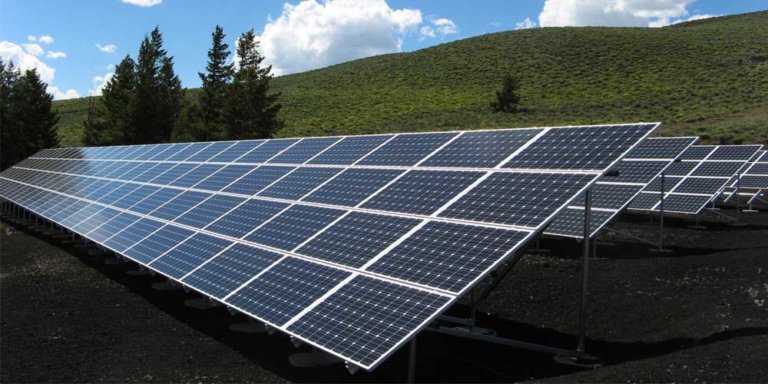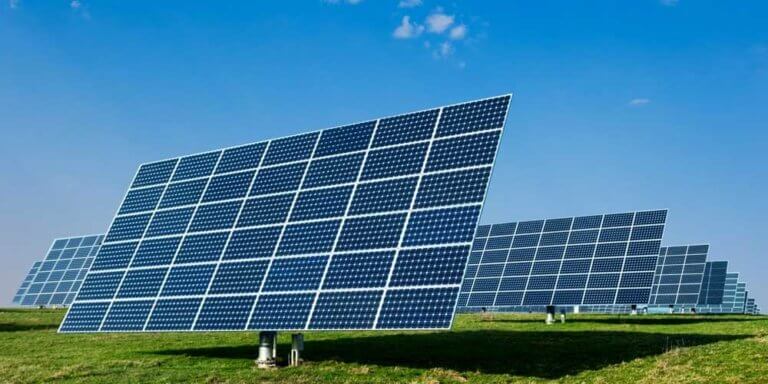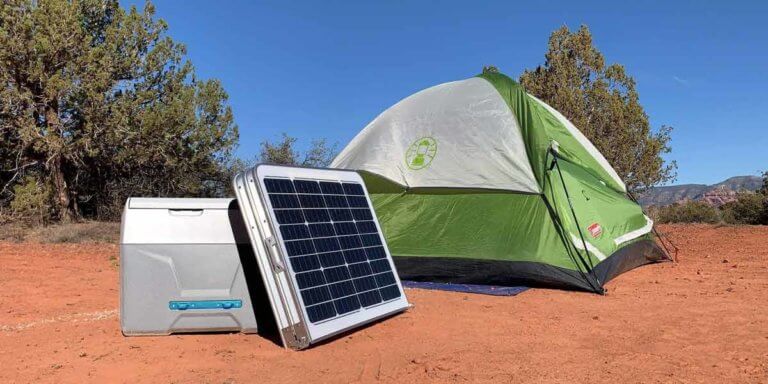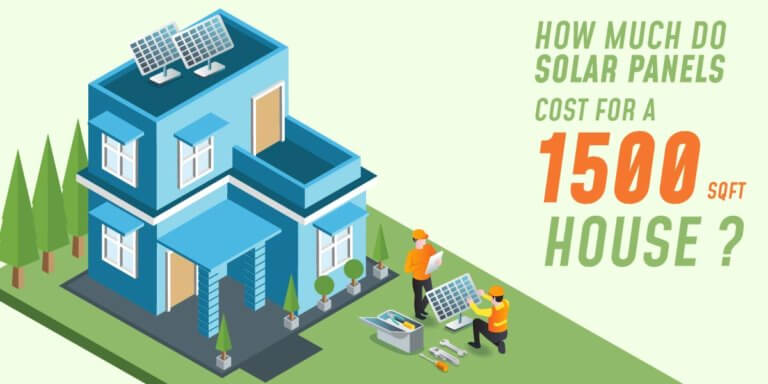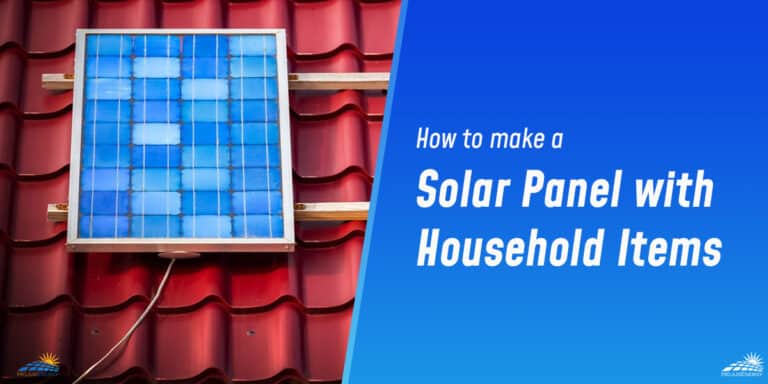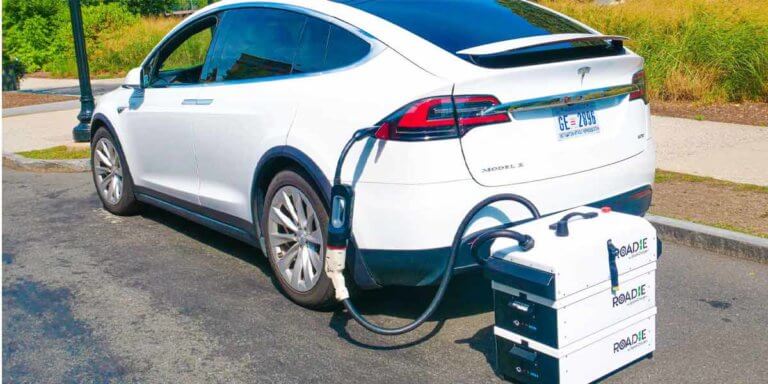How To Avoid Solar Panel Rip-Offs & Scams
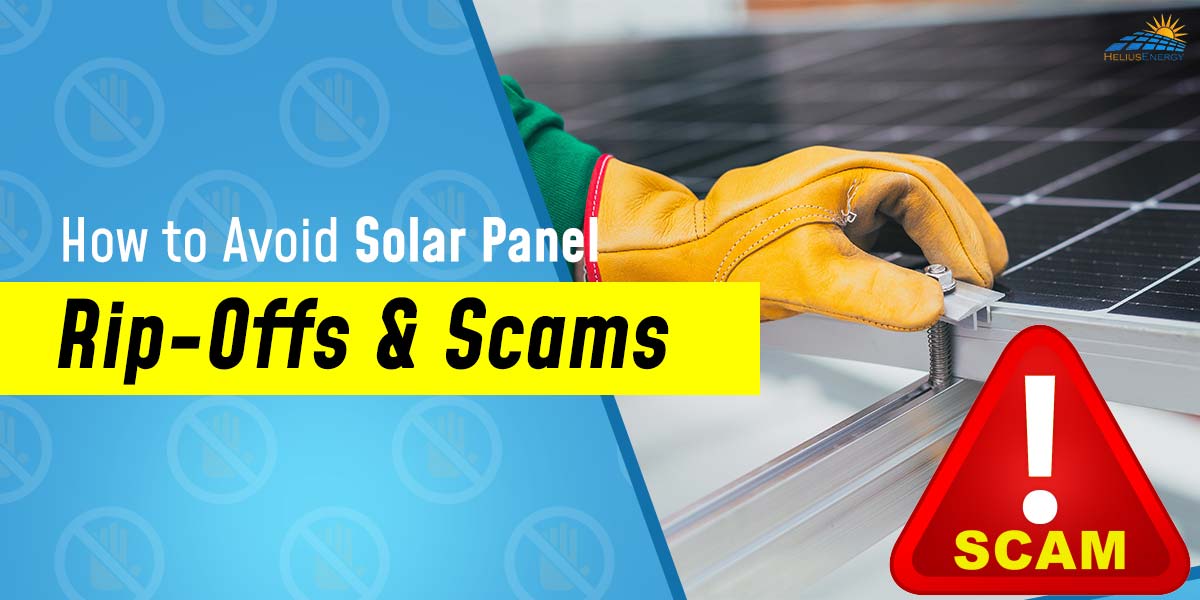
Nowadays, the frequency of scam calls has increased exponentially, with at least one call reaching us every day. It is highly aggravating and can also be a breeding ground for misinformation by telecom companies desperate for a sale. You can try to launch your email inbox, and you will be bombarded by hordes of junk mail trying to sell you something or the other.
Especially when the home remodeling industry is concerned, scammers run rampant, trying to sell you the “single best” product in the market. While trying to remodel your home or finish a refurbishment project on an affordable budget, the last thing you need is a scam.
Since the time solar panels started gaining traction in the mainstream media, solar-related scam calls have also gone up. If you are not working alongside a quality solar panel installer, chances of you getting entangled in a web of solar panel rip-offs are much higher.
Below, we have tried to narrow down the days in which you can become a part of solar panels scams. Beware and be cautious.
-
1.
Common Solar Panel Scams To Be Aware Of
- 1.1. 1. Bad Solar Calculations
- 1.2. 2. Bait And Switch Tactics
- 1.3. 3. Check For Hidden Costs
- 1.4. 4. Dodgy Installers
- 1.5. 5. High Deposits
- 1.6. 6. Long-Term Contracts Or Starting Without A Contract
- 1.7. 7. Posing As The Government Or Utility Company
- 1.8. 8. Promote Leasing A Solar Panel Instead Of Buying
- 1.9. 9. Tax Credit Promises
- 1.10. 10. Understand What “Free Solar Panels” Mean
- 2. Conclusion
-
3.
Frequently Asked Questions
- 3.1. 1. Are solar panels a scam?
- 3.2. 2. How do I get off the solar call list?
- 3.3. 3. Is solar a pyramid scheme?
- 3.4. 4. What is the catch with going solar?
- 3.5. 5. Do solar panels give you free electricity?
- 3.6. 6. How long does it take for solar panels to pay for themselves?
- 3.7. 7. What happens to solar panels after 25 years?
Common Solar Panel Scams To Be Aware Of
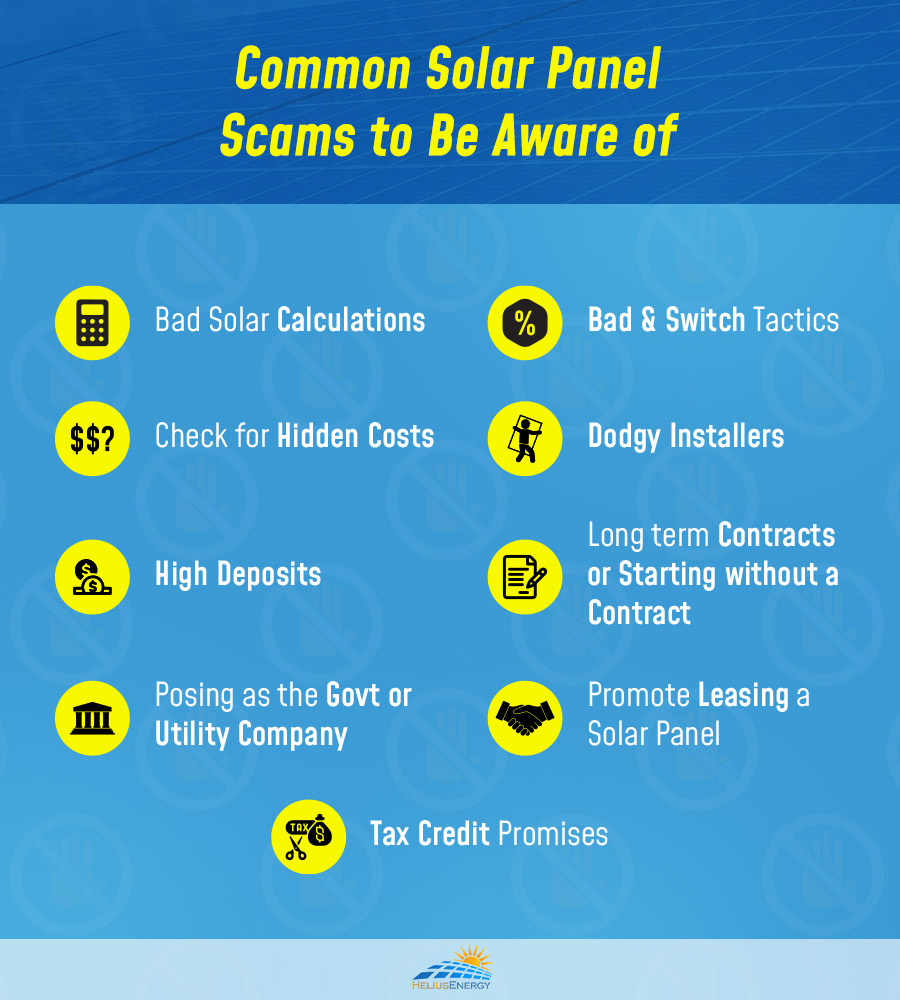
1. Bad Solar Calculations
Have you ever opened the doorbell to a sales representative trying to tout a solar service provider as the “best possible option”? Frequently, they chalk out a rough number and jargon-heavy compilation of electricity bills and installation costs in an attempt to prove the cost-saving nature of switching to solar panels.
While it is true that solar panels can eventually be cost-effective, the way it is presented can be gravely manipulated through miscalculations that we, in our busy schedule, do not bother to double-check.
So, beware of bad solar calculations that make going solar seem like a child’s play. Infact with proper research and information you can easily calculate solar power efficiency at home without being dependent on a sales representative.
2. Bait And Switch Tactics
A few solar company scams will focus on getting you to purchase their product, regardless of what you planned. These dishonest and mighty persistent sellers often offer oversized systems or install them in buildings that cannot benefit from them.
Consider it a major red flag if you get a quote for the solar energy system without any building inspection. Without assessing square footage and related obstructions, there is no way to gauge quotes.
3. Check For Hidden Costs
Always, without fail, ask your solar installer if the quote provided to you includes absolutely everything. Look for a tag of “all-inclusive” figure that does not hide costs behind “unspoken charges.”
Ask your installer to book an inspection if they are not sure of certain aspects of the pricing. Always read the fine print and get an agreement in writing before signing the contract.
Check for the following inclusions in your quote: roof type, access to the roof, number of stories in the house, split arrays across 2 or more roof sections, tilt frame for solar panels on flat roofs, cathedral ceilings, travel costs, complete installation including panel, inverter, and cable mounting, and a service check following the sale explaining the way everything works.
4. Dodgy Installers
An increasing number of dodgy installers have been going around promising lofty solar arrangements at a minimum or gratuitous installation cost. The CEC is trying to clean up these dodgy players running rampant in the solar industry, but as of yet, it remains buyer beware.
Fortunately, it is much easier to find reputable installers since manufacturers are now partnering with only the top installers and confer awards to the best of the lot. It will take some research to find out the top installers of all the products you are looking for, but this can save you thousands, along with the valuable time and stress of dealing with an installer that won’t be of any use if things go awry.
5. High Deposits
In 2022, numerous companies have been requesting full payment upfront while placing an order for solar arrangements. Costs are going up across the board, and the struggle combined with the cash flow can be an issue when that happens.
Beware of getting caught up in paying the full amount and then witnessing the company go under. Go for companies that ask for a certain deposit (such as 10%) instead of the whole amount up front.
6. Long-Term Contracts Or Starting Without A Contract
Often, solar installers will advertise “free” solar panels but long-term lease agreements. It might be helpful fiscally, but since your money is not going towards the purchase of the system, you will not be privy to all the benefits of going solar.
Solar panels are a great investment that is capable of paying back for itself within 10 years, and panels will keep producing energy for up to 40 years at 80% efficiency. If you happen to be leasing the system, you will continue paying for it while never reaping the returns. Moreover, leased systems offer no tax breaks, and once you sign a contract, it can be hard to get out.
Many companies push for quick installation without any contract. Not getting a contract in any scenario is a major red flag. It does not guarantee your job will be done and does not offer you any legal backing. If someone were to get hurt in the process of installing solar panels on your property, you might be held liable. Always ask for a legitimate contract signed by both parties prior to solar installation.
7. Posing As The Government Or Utility Company
This one is more common than you think. Pretending to be a government entity on a call or an email and being offered tax credits or rebates are some of the biggest red flags in solar panel scams.
If you happen to get a call from a government office or a utility provider with lofty promises, rest assured you are being ripped off. There are limited-time rebates and tax credits from the federal, state, as well as local governments, but you can always look them up online.
8. Promote Leasing A Solar Panel Instead Of Buying
Many people think of solar as a great option for their new house, but many lack the money to purchase it, you might consider of buying a house with leased solar panels or many companies will try to convince you to go for a lease.
This is not the case with only new houses but even people thinking of installing solar panels in their current home get calls from companies to lease solar panels. Here, you are just renting the solar panels from a solar installer that assists you in setting up the system.
Leasing solar panels is never as good an option as outright buying them. If you don’t buy your solar panels, none of the tax benefits of going solar will apply to you, and there won’t be any additional asset value added to your home. But if you have signed a lease without proper guidance or have been mislead to buy it there are various ways to get out of the contract one such way is by passing your lease.
9. Tax Credit Promises
Solar companies will often make false promises of 4 to 5 figure tax credits if only you agree to get their complete solar power generation system for your home or office. Here’s why it could be a plain and simple scam: you might just end up leasing the solar power equipment rather than owning it, and that will immediately disqualify you from any federal tax credit whatsoever, which the solar company will then quietly pocket.
10. Understand What “Free Solar Panels” Mean
If you have been seeing advertisements or overhearing a salesman offering “free solar panels,” rest assured you are about to be scammed. Of course, there is no such thing as free solar panels or no-cost solar programs. These are nothing short of cheap sales pitches to tempt you into hastily signing a solar lease or even a full power purchase agreement.
Under such solar financing agreements, solar companies install solar panels on your roof for no down payment, and you pay a monthly rate for all the clean energy produced by the panels. Zero-money-down installation, or free maintenance, enrollment, and guaranteed savings stated on the contract are a little too good to be true.
Conclusion
If you want to avoid solar panel scams effectively, it might help to have a short checklist that you can go back to when you are looking for solar and considering it seriously. Here is a solar panel rip-off checklist based on the different tactics we discussed above:
Avoid salespeople using high-pressure tactics, be on the lookout for people posing as government or utility company representatives, and beware of unrealistic prices to avert companies that won’t do the job well, look for good contractual warranties, never start without a contract, and be more careful if you are planning on leasing solar panels instead of owning them.

